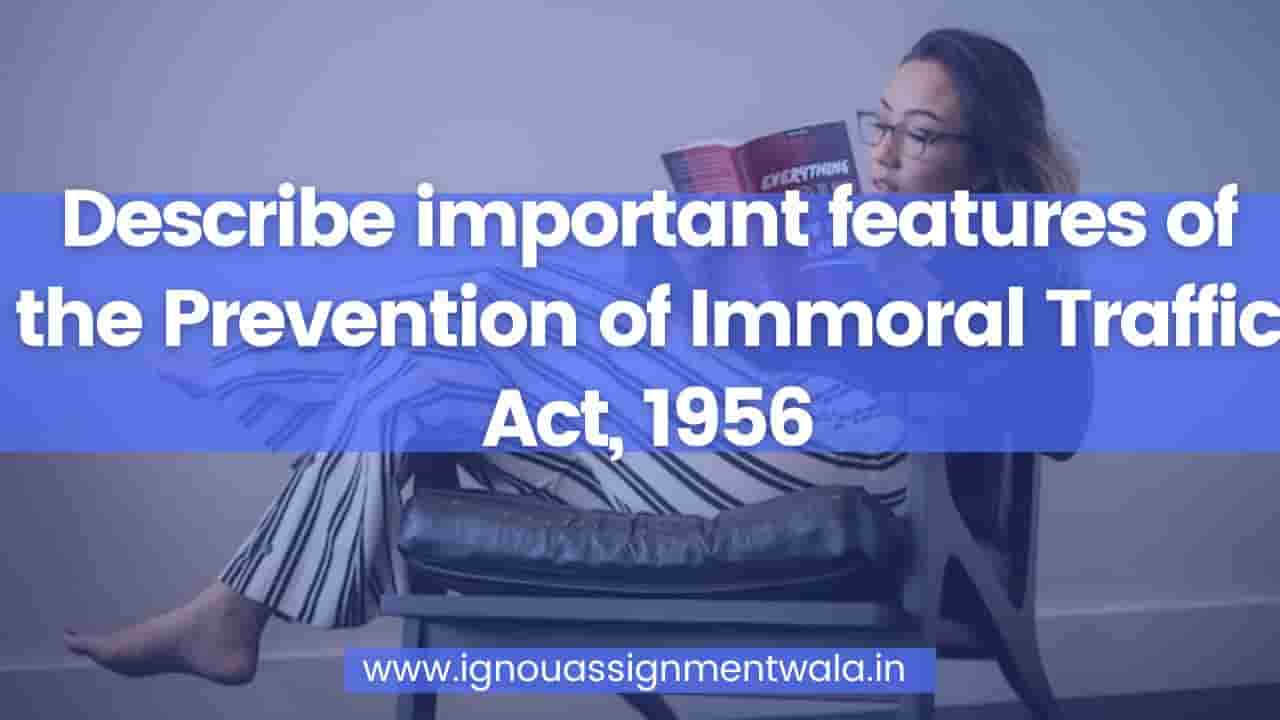The Immoral Traffic (Prevention) Act or ITPA is a 1986 amendment of legislation passed in 1956 as a result of the signing by India of the United Nations’ declaration in 1950 in New York on the suppression of trafficking.
The act, then called the All India Suppression of Immoral Traffic Act (SITA), was amended to the current law. The laws were intended as a means of limiting and eventually abolishing prostitution in India by gradually criminalising various aspects of sex work.
Despite several amendments and awareness about the horrors of human trafficking, it remains a significant issue for women and children of all ages and backgrounds. Out of an estimated 20 million commercial prostitutes in India, 16 million women and girls are victims of sex trafficking. According to Legal Services in India, every hour, four girls in India enter into prostitution, three of them against their will.
These horrifying numbers showcase how important it is for the Immoral Traffic Prevention Act (ITPA) to be enforced. The Immoral Traffic (Prevention) Act, 1956 (ITPA), is the premier legislation to prevent trafficking for commercial sexual exploitation. The act, then called the All India Suppression of Immoral Traffic Act (SITA), was amended to the current law, punishing any person found guilty of involving a child or woman in any such activity and may be imprisoned for seven years or more.
The Government of India ratified the legislation that was introduced by the United Nations International Convention for the Suppression of Women in Traffic in Persons and of the Exploitation in Others in New York on May 09, 1950. This act, passed in 1956, was called the Suppression of Immoral Traffic in Women and Girls Act, 1956 (SITA).
- This act was amended in 1986 and stated the legality of prostitution and punishment for owning any related establishment or indulging in this activity.
- Any person involved in recruiting, transporting, transferring, harboring, or receiving people for the purpose of prostitution is liable to be punished under this act. The persona can be imprisoned for seven years or more.
Initiatives of the Indian Government to combat the trafficking of women and children
In addition to the Immoral Traffic (Prevention) Act, the Indian government has some major initiatives to help safeguard the interests of women and children. These include:
- Sections 370 and 370A of the Indian Penal Code can provide for thorough steps to combat the scourge of human trafficking, including child trafficking for exploitation in any form, including physical mistreatment or any type of sexual exploitation, servitude, slavery, or coercive removal of organs, went into effect after the Criminal Law (Amendment) Act of 2013.
- Protection of Children from Sexual Offences (POCSO) Act, 2012 is a law to protect children from sexual abuse and exploitation.
- The Ministry of Home Affairs has set up a dedicated cell for the prevention of trafficking.
- The Ministry of Women and Child Development (MWCD), in collaboration with NIPCCD and UNICEF, has developed three manuals for combating the Trafficking of Women and Children for Commercial Sexual Exploitation.



